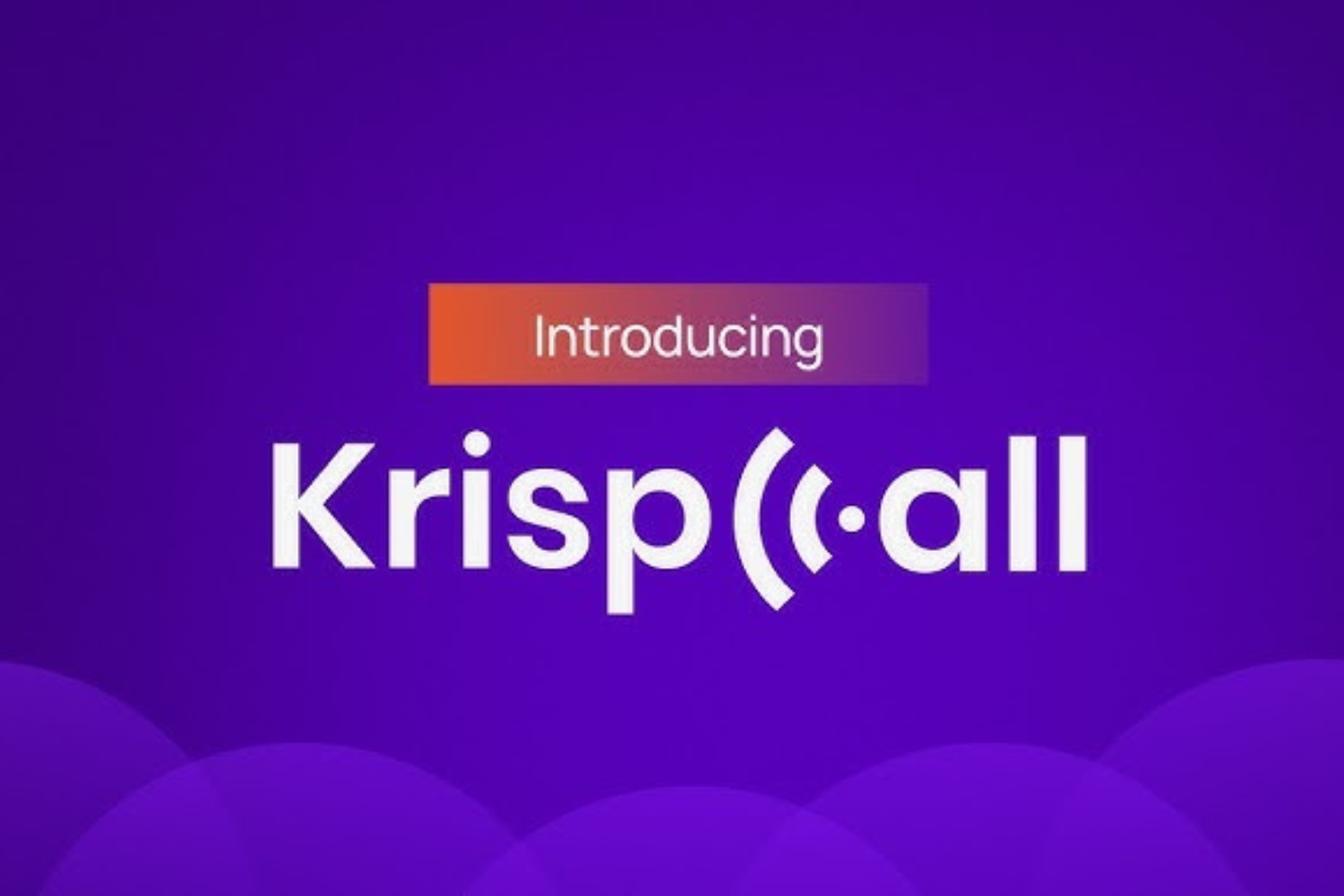This article addresses crucial aspects of Event Web Management dynamics that you should consider in digital marketing. Whether you’re a small business owner, a multinational corporation, or an individual with a personal brand, your online visibility can make or break your success. This is where Search Engine Optimization, or SEO, comes into play.
SEO is the art and science of making your website visible to search engines. It’s about understanding what people are searching for online, the answers they seek, the words they’re using, and the type of content they wish to consume. Knowing the answers to these questions will allow you to connect to the people searching online for your solutions.
If done right, SEO can bring “free” traffic to your website – people looking for what you offer. But if done wrong, your online visibility could dwindle, your website could be penalized and hidden from search engine results, and your business could suffer. This article aims to demystify SEO for beginners. We’ll explain what SEO is, why it’s essential, and how to implement it for your website.
We’ll cover everything from keyword research and on-page optimization to Technical SEO and link-building strategies. So whether you’re new to SEO or need a refresher, this article is for you. We invite you to dive in, explore the fascinating world of SEO, and discover how it can help boost your online visibility and drive more traffic to your website. Let’s get started!
Understanding Why Content SEO Is Essential In Event Web Management Process
In the digital age, the success of your event can hinge on your online visibility. This is where Search Engine Optimization (SEO) comes into play. SEO is the process of optimizing your website to rank higher in search engine results, making it easier for potential attendees to find your event.
SEO in Event Web Management involves a multi-faceted approach. It’s not just about using relevant keywords, but also about creating high-quality content and ensuring your website is user-friendly.
The Role Of Keyword Integration
Keywords are the backbone of SEO. They are the words and phrases that potential attendees might use when searching for events like yours. For instance, if you’re organizing a music festival in New York, you might use keywords like “New York music festival” or “live music events in New York.”
But it’s not enough to just use these keywords randomly. They need to be incorporated naturally into your website content, Meta descriptions, and alt tags. This not only helps search engines understand what your website is about but also makes your content more readable and engaging for your audience.
Creating High-Quality Content
High-quality content is another crucial aspect of SEO. This involves creating content that provides value to your audience and encourages them to engage with your website.
For example, you could create blog posts about the artists performing at your music festival, guides on what to bring to the event, or articles about the history of the festival. This type of content can help attract potential attendees to your website and keep them engaged once they’re there.
User-Friendly Website Design
Finally, ensuring your website is user-friendly is an often overlooked aspect of Search Engine Optimization. A user-friendly website is easy to navigate, loads quickly, and looks good on both desktop and mobile devices.
This means having a clear menu structure, using readable fonts and colors, and ensuring your website loads quickly. It also means making sure your website is mobile-friendly, as many people now use their smartphones to search for events.
Mastering SEO in Event Web Management involves understanding the role of keywords, creating high-quality content, and ensuring your website is user-friendly. By implementing these strategies, you can increase your online visibility, attract more attendees to your events, and ultimately ensure the success of your event.
The Importance Of Keywords In An Event Web Management Process
In the realm of Search Engine Optimization (SEO), keywords serve as the critical bridge connecting potential attendees with your event. They are the words and phrases that individuals use when searching for events like yours. For instance, if you’re organizing a tech conference, relevant keywords might include “tech conference,” “technology event,” or “IT seminar.”
Keywords-Specific Ideas For SEO
Keywords are the backbone of SEO. They are the terms that search engines use to understand the content on your website. When a user types a query into a search engine, it’s these keywords that lead them to your website.
For example, let’s say you’re organizing a tech conference in San Francisco. If a potential attendee types “tech conference in San Francisco” into a search engine, and those words are prominent on your website, your site is more likely to appear in the search results.
But it’s not just about using these keywords randomly. They need to be incorporated naturally into your website content, Meta descriptions, and alt tags. This not only helps search engines understand what your website is about but also makes your content more readable and engaging for your audience.
The Role of Keywords in Content Creation
When creating content for your website, it’s important to keep your chosen keywords in mind. These keywords should guide the topics you cover, the questions you answer, and the information you provide.
For instance, if one of your keywords is “technology event,” you might create blog posts about upcoming technology events, how-to guides for attending technology events, or listicles of the top technology events of the year.
The Power of Long-Tail Keywords
While popular keywords can drive a lot of traffic to your website, they can also be highly competitive. That’s where long-tail keywords come in. Long-tail keywords are longer and more specific keyword phrases that visitors are more likely to use when they’re closer to making a purchase or when they’re using voice search. They can be incredibly valuable if you know how to use them.
For example, instead of targeting the highly competitive keyword “tech conference,” you might focus on a long-tail keyword like “small business tech conference in San Francisco.” While this keyword might get fewer searches, the traffic it does attract is likely to be highly targeted and more likely to convert.
It should be noted that keywords play a vital role in SEO. By understanding their importance and using them effectively, you can increase your online visibility and attract more attendees to your events.
Choosing The Right Keywords In Your Event Web Management Process
Choosing the right keywords is a critical first step in SEO. It’s not just about selecting popular or trendy terms; it’s about understanding what your potential attendees are searching for and how they’re searching for it. This process involves a deep understanding of your target audience, their needs, and their online behavior.
Focus Phrases
The first step in choosing the right keywords is to think from your potential attendees’ perspective. What terms or phrases would they use to search for your event? For instance, if you’re organizing a tech conference, relevant keywords might include “tech conference,” “technology event,” “IT seminar,” or even more specific terms like “AI tech conference in San Francisco.”
Target Intentions
Next, it’s important to consider the intent behind these searches. Are your potential attendees looking for information, or are they ready to register for an event? This can help you choose between informational keywords (like “what is a tech conference”) and transactional keywords (like “register for tech conference in San Francisco”).
Competitiveness
Another crucial factor to consider is the competitiveness of your chosen keywords. Highly competitive keywords can be harder to rank for, especially for new or smaller websites. Using keyword research tools can help you find less competitive keywords that still have a high search volume.
Constant Updates
Finally, remember that choosing the right keywords is not a one-time task. As trends change and new terms emerge, it’s important to revisit your keyword strategy regularly. This will ensure that your website continues to rank well in search engine results and attract potential attendees to your events.
Remember that choosing the right keywords is a crucial part of SEO strategy. By understanding your audience, considering search intent, assessing keyword competitiveness, and regularly updating your keyword strategy, you can improve your website’s visibility and attract more attendees to your events.
Events Web Management: Incorporating Keywords A Website
Once you’ve identified the right keywords for your event, the next step is to incorporate them into your website. This is a multi-faceted process that involves several key elements of your website.
Quality Content Creation
The first and most obvious place to use your keywords is in the content of your website. This includes the text on your homepage, about page, event details page, blog posts, and any other text content on your site. The keywords should be used naturally within the context of the content. For instance, if one of your keywords is “tech conference,” you might have a sentence like “Join us for our annual tech conference, where industry leaders and innovators come together to share insights and ideas.”
Application of Meta Tags
Meta tags are snippets of text that describe a page’s content and don’t appear on the page itself but in the page’s code. These can be a powerful tool for SEO as they help search engines understand what the page is about. The two most important meta tags for SEO are the title tag and the meta description. The title tag is the title of your webpage that appears in the search engine results, while the meta description provides a brief summary of the page. Both should include your keywords in a natural and meaningful way.
Custom Website URLs
Your website’s URLs are another great place to incorporate your keywords. Having clean, descriptive URLs with your keywords not only helps with SEO but also improves user experience. For example, instead of having a URL like “www.yoursite.com/event-12345”, you could have “www.yoursite.com/tech-conference-2023”.
Using Image Alt Text
Finally, don’t forget about image alt text. This is the text that appears if an image fails to load on your website. It’s also used by screen readers for visually impaired users. Including keywords in your image alt text (where appropriate) can provide a small boost to your SEO.
However, it’s crucial to remember that while incorporating keywords into your website is important, it should be done thoughtfully and organically. Keyword stuffing, or overusing keywords in an attempt to manipulate search rankings, can lead to penalties from search engines. Your primary focus should always be on creating valuable, high-quality content for your users.
It should be noted that incorporating keywords into your website is a crucial part of SEO strategy. By understanding how to effectively use keywords in different elements of your website, you can improve its visibility in search engine results and attract more attendees to your events.
Optimization Under Event Web Management
Optimizing your event website involves several steps. Now, let’s delve deeper into the process of optimizing your event website for SEO.
Mobile-Friendly Design
In today’s digital age, a significant portion of web traffic comes from mobile devices. As such, having a mobile-friendly website is no longer just an option; it’s a necessity. A mobile-friendly website is one that is designed to work equally well on desktop and mobile devices. It should be easy to navigate, with a layout and design that adjusts smoothly to different screen sizes. This means large, easy-to-click buttons, readable text sizes, and images that scale and load well on smaller screens.
High-Quality Content
Content is king in the world of SEO. High-quality content not only helps to attract and engage visitors but also signals to search engines that your website is valuable and relevant. This could include blog posts about the speakers at your event, articles about the topics that will be covered, or helpful information about the event venue.
When creating content, it’s essential to keep your audience in mind. What kind of information are they looking for? What questions might they have about your event? You can engage your visitors and improve your SEO by providing valuable content that answers these questions.
Meta Tags
Meta tags are snippets of text that describe a page’s content; they don’t appear on the page itself but in the page’s code. Meta tags can influence how your website is summarized in search engine results, which can affect click-through rates.
There are several types of meta tags, but some of the most important for SEO include the title tag and meta description. The title tag defines the title of a document and is shown in browser title bars and page tabs. The meta description provides a concise explanation of a web page’s content and is often displayed in search engine results below the page title.
When writing your title tags and meta descriptions, it’s vital to be descriptive and compelling, as these elements can influence whether or not someone clicks on your link in search engine results. It’s also crucial to include relevant keywords in your meta tags.
It’s prudent to note that optimizing your event website involves creating a mobile-friendly design, providing high-quality content, and using meta tags effectively. By doing so, you can improve your website’s SEO, making it easier for potential attendees to find your event online.
Final Thoughts:
SEO is a powerful tool for event web management. By understanding and implementing SEO strategies, you can increase your online visibility, attract more attendees to your events, and, ultimately, ensure the success of your event. Remember, the key to successful SEO lies in understanding your audience, delivering relevant content, and continually optimizing your strategies based on performance data.





Good day! Do you use Twitter? I’d like to follow you
if that would be okay. I’m undoubtedly enjoying your blog and look
forward to new updates.
Yes! @awebtechexperts
Good day too. Yes- you can follow us @awebtechexperts